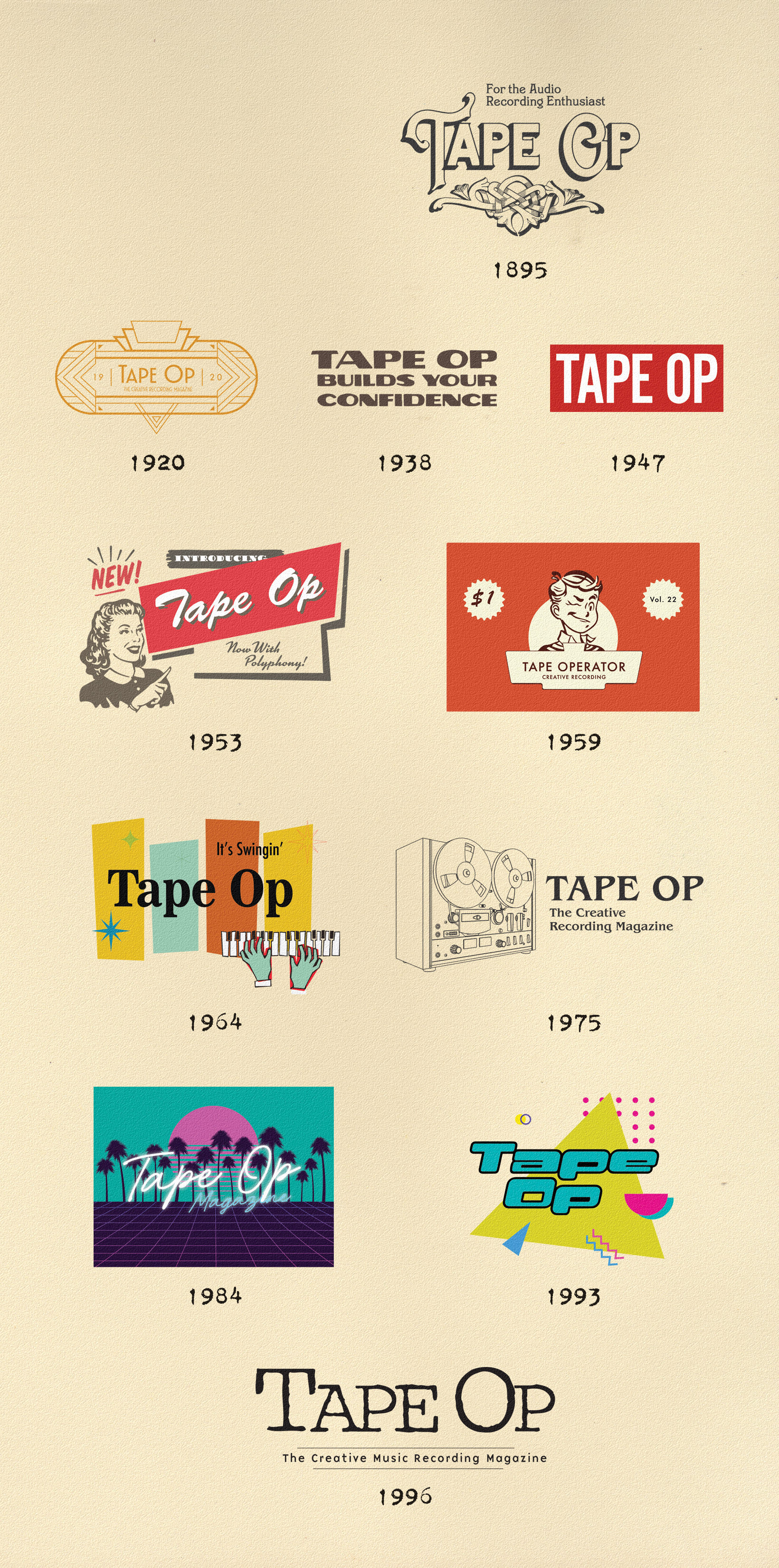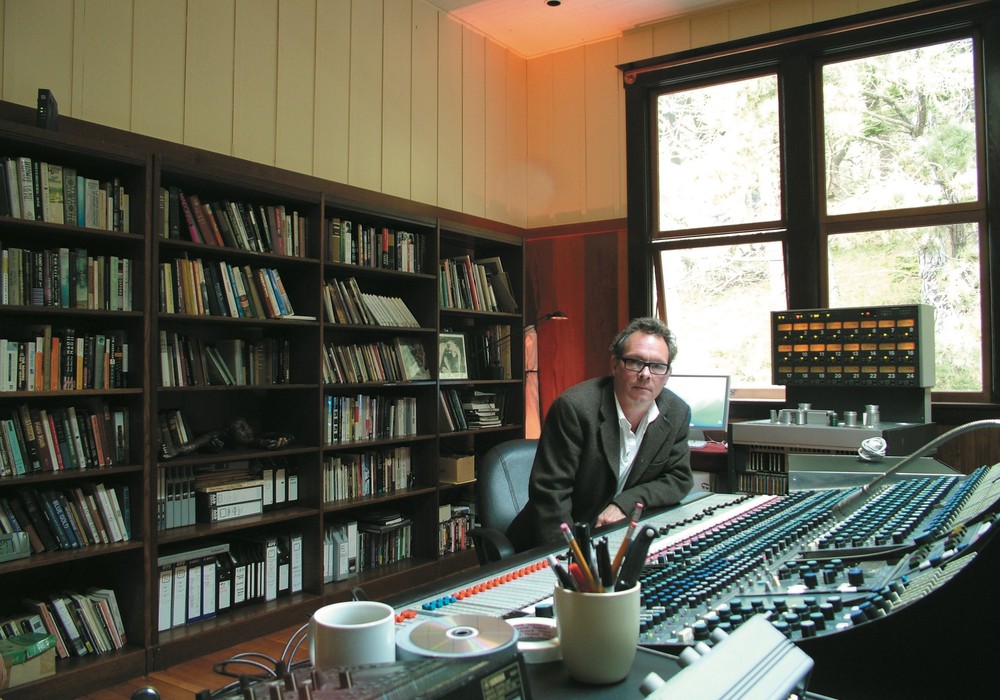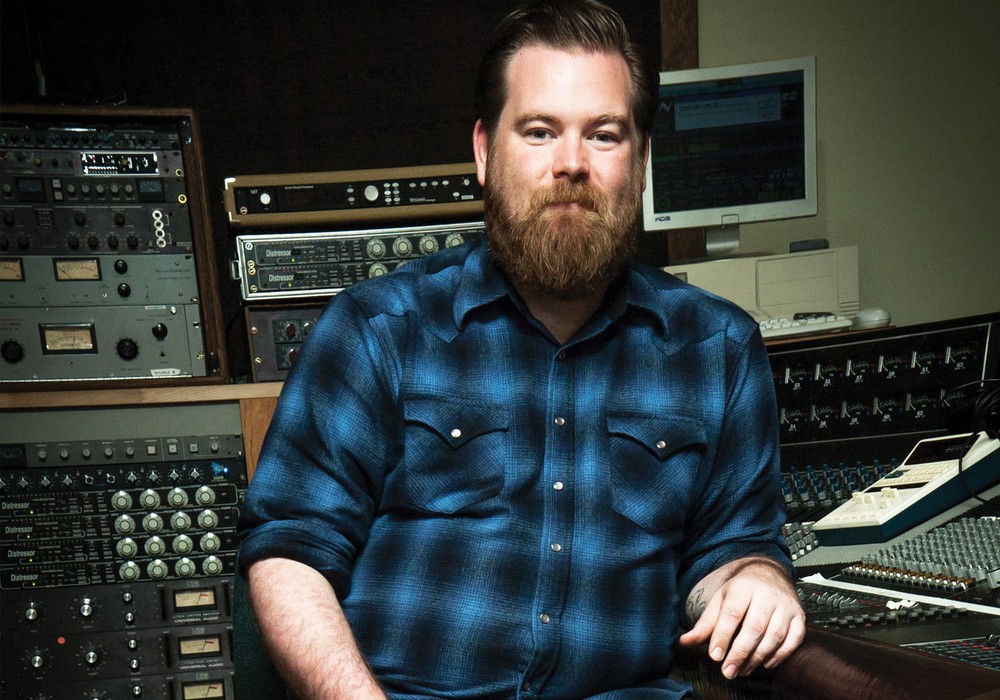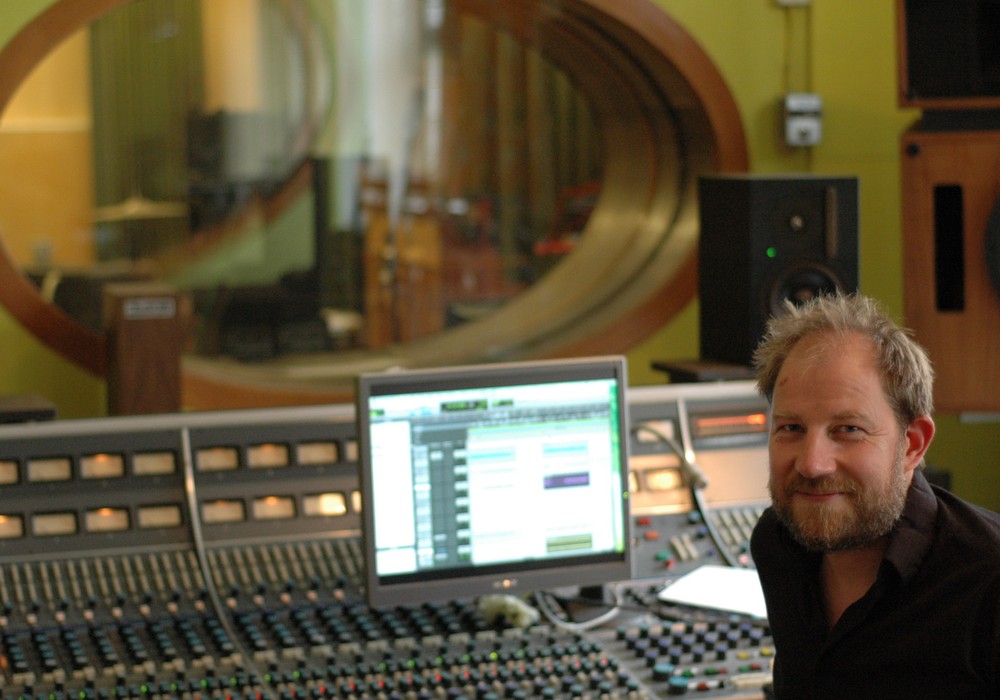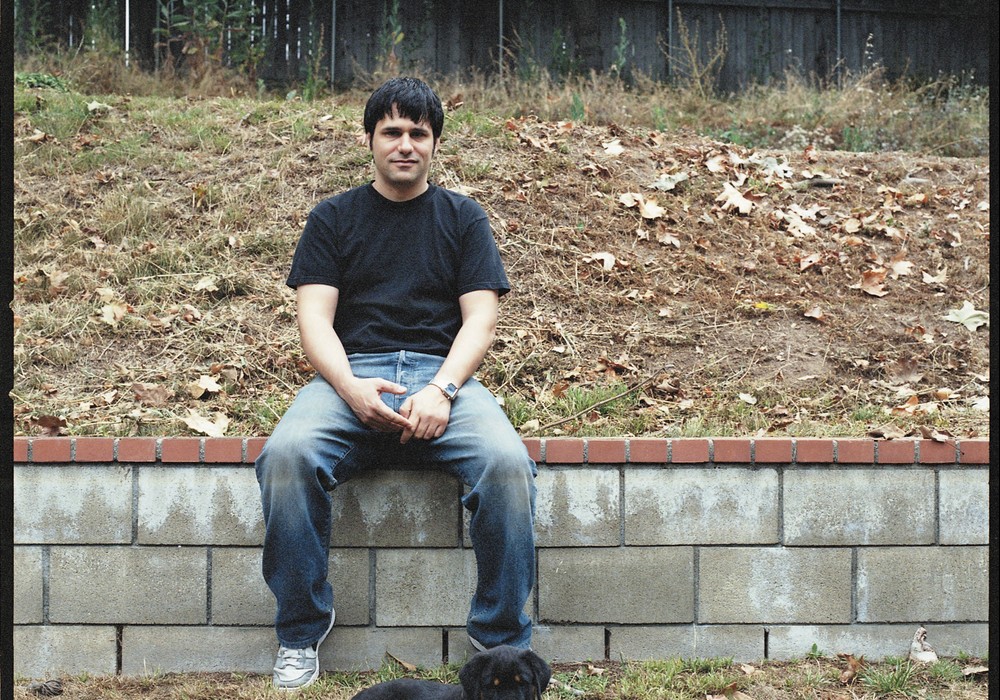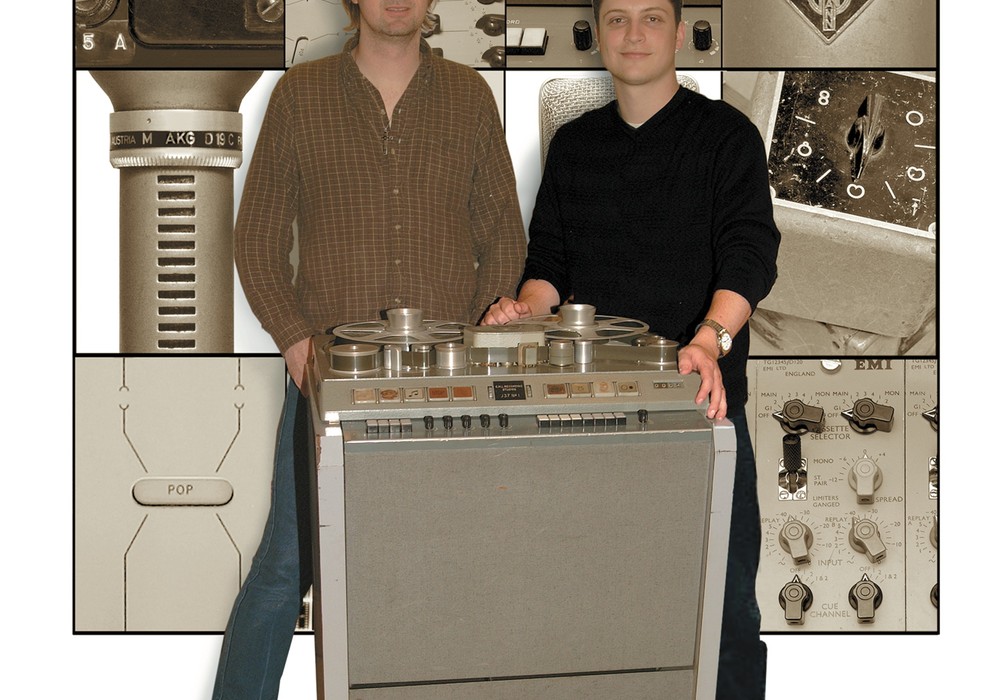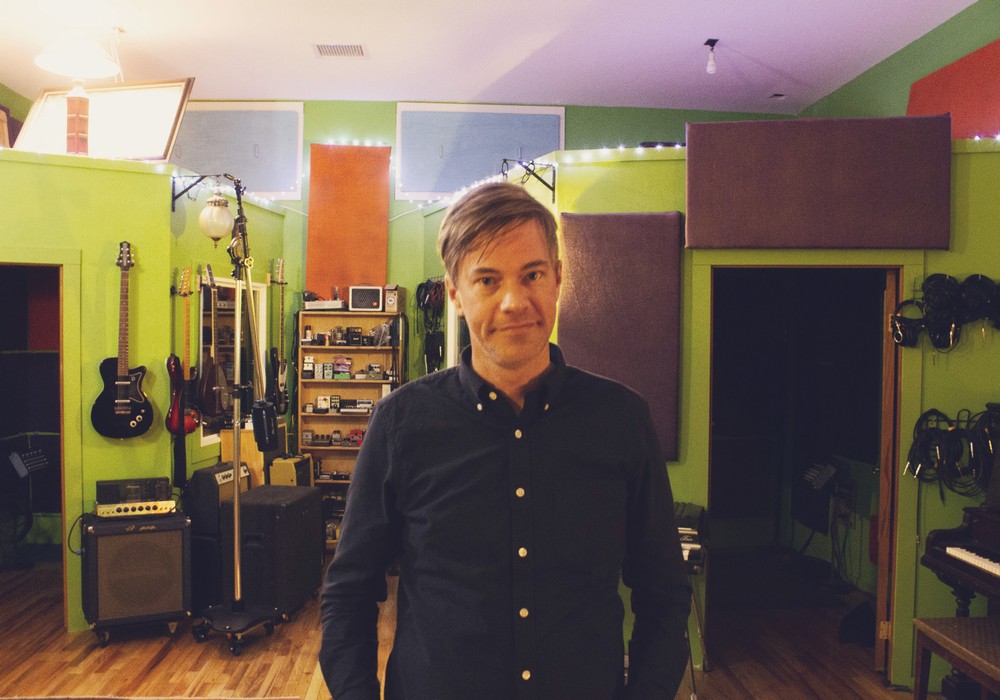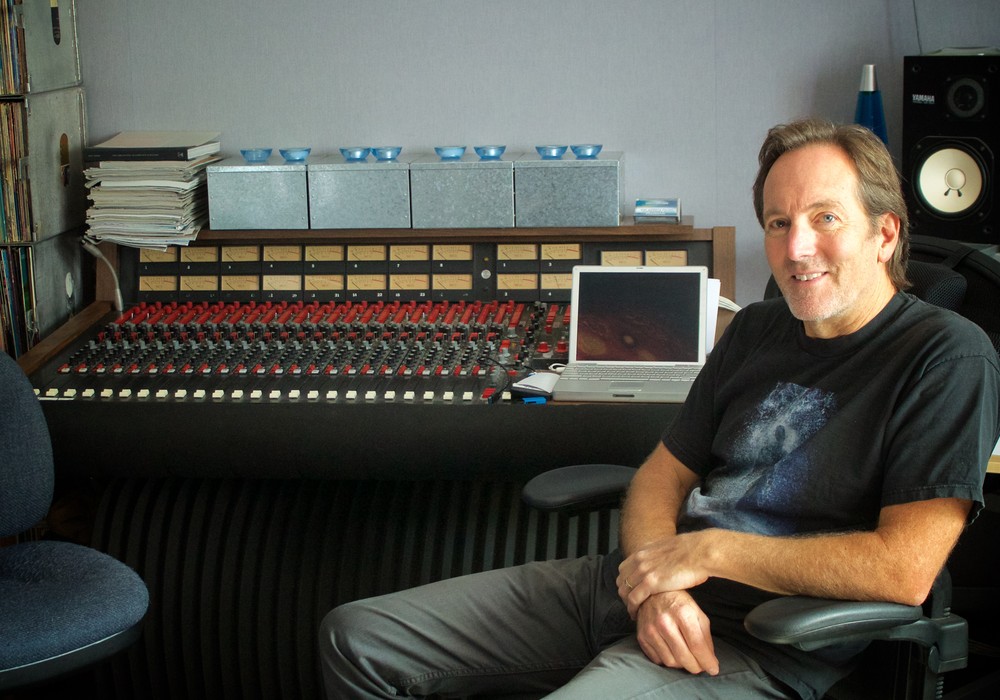Audio engineers are translators. We translate ideas into sounds. Creative descriptions into technical decisions. Drunken late-night texts into mix revisions. That’s the secret to this job: we manage personalities and egos, insecurities and interpersonal dynamics, and we translate them into recordings. Knowing what all the knobs and faders do is nothing compared to the daily psychology we dispense. What many of us are not so great at is clear, direct talk with clients about money, credits, timeframes, money, professionalism, money… There’s a forced intimacy to our work that is very often intertwined with friendships and relationships, which can complicate dynamics and blur lines. In the following paragraphs I outline situations recording professionals encounter regularly but don’t often address. This essay is intended to speak to engineers and musicians alike, and I hope it shows both sides real steps toward better communication and ultimately better recordings. A quick note on feelings: don’t take anything I say here personally. We’ve all done some of the things I’ll mention below, and if your producer/engineer wasn’t on some level ok with a certain behavior, they would have said something. I sourced input for this essay from a number of studio professionals for whom I have tremendous respect, and while not everything we discussed is included, I have tried to keep what follows applicable to anyone who doesn’t have a Waves plug-in named after them. Yet.
Part 1
Before Recording: Expectations, Time, Money
“What are your expectations of me, and what can I contribute to your record?”
How many times have you (the engineer) been hired to record something and wound up co-writing, producing, or playing on it? Often we’re happy wearing multiple hats, but I’d sure like to show up having some sense of what my job is going to be that day. If you (the client) want to take advantage of your recording professional’s other skills, by all means do so, but consider giving some advanced notice with the understanding that you’re asking them to be a session musician in addition to their current duties. Duties which, as stated above, are predominantly psychological and frankly pretty draining. Also, setting up to record yourself is a completely different ballgame logistically and mentally from running a tracking session. Again: all cool – I personally love playing on records – let’s just talk about it beforehand.
Everyone asks when the session starts; rarely does anyone ask when it ends. Don’t assume day rates are open ended or that just because you took two days off work to record you can go 12 or 14 hours. Maybe your engineer is cool with that, maybe not. Ask. Everything goes more smoothly when you’re on the same page. If you wind up in one of those sessions where you need to work late – things just worked out that way – fine. If you’re the engineer, bring it up. If you’re the client, talk with your engineer and make sure they’re onboard, understanding that you may be doing two things: costing them money because studios are damn expensive and use a LOT of electricity, and possibly screwing them for the next day (particularly if it’s with another client). Whichever side of the glass you’re on, consider offering something to the effect of an agreeable hourly rate for extra time used. Maybe the engineer turns it down and says “Nah, let’s just power through and make sure we get it right.” In that scenario, you (the client) have totally done the right thing, and I guarantee you the person you’ve hired notices and appreciates the hell out of it.
I’m going to word these next two paragraphs on money directly to engineers, but in doing so hope to provide some insight to those who hire us. In the past, I didn’t take deposits, in hindsight entirely out of self-worth issues. I felt like I wasn’t being cool to my fellow musicians by making them pay me weeks or months in advance. After the same client bailed last minute on a weekend session for the third time in a row, my wife suggested mandatory deposits to put dates on the calendar. I explained why I wasn’t comfortable with that – after all I’m friends with these people. I want to help out where I can, and frankly I want them to like me and like my studio. To which she replied: “You have to put 50% down to rent a damn bounce house for a kid’s birthday party.” She’s obviously right, but the larger point is this: your business is no different from anyone else’s. If you hire a plumber or a lawyer you do so with the understanding that their time and skills are valuable, and you expect to pay them accordingly when they’ve completed the work you hired them for. You are the plumber. You are the lawyer. Maybe society or self-doubt or your parents tell you otherwise, but that’s you. You created this; you built this out of thin air. Just because your job is something other people do for a hobby doesn’t mean you’re not entitled to the same respect (including self-respect!) and professionalism as any other self-starter.
And scale doesn’t matter. I’m going to say that again: scale doesn’t matter. You record local underground bands in a DIY scene out of your garage? Awesome. You’re no different than the person sitting in front of a 96 channel SSL on a magazine cover: you have value, you determine what that translates to in dollars and cents, and you have every right and reason in the world to assert that value like any other professional. You’re running a business, and the fact that you’re having a fucking blast at it should validate rather than discredit you. I propose in the first meeting with a prospective client, outline what you charge and when you expect to be paid and work from there. Doing so establishes professionalism in the relationship and synchronizes everyone's expectations for the project.
Part 2
Tracking
Musicians: please don’t show up early to your session. Seems counterintuitive, I know, but seriously, we hate that. Remember the bit above about how recording is mostly a mental game? I want you to walk into an environment I’ve curated specifically for your project. I want to be in the right headspace and have everything ready when you arrive. I also don’t want to start my work day abruptly early. The right studio should feel comfortable and intimate, but it’s still someone’s business. Being cognizant and considerate of that fact will go a long way. Consider little things like hanging your headphones on your headphone mixer or the back of your chair instead of leaving them on the floor. Think before inviting people to the studio who don’t have a role, and check with everyone you’re working with about it beforehand. Maybe don’t blow a giant cloud of apple pie flavored vape in the control room without asking. If the engineer or assistant is setting up mics, take notice and stop playing loud instruments (this one’s not a little thing). Every single one of us has been putting a mic on a kick or snare when the drummer decided that was the exact right moment to bust into When The Levee Breaks. Same with guitar amps. Remember that beyond common courtesy, you’re literally paying someone for their ears here.
There’s a weird phenomenon that occurs in the studio where a little solipsism sets in as you walk in the door. In a way it’s a good thing: I want you focusing on nothing but your art when you’re in my place. But unconscious entitlement that often accompanies this self-focus can put those of us behind the board in awkward and difficult situations. Take rough mixes for example. If you want roughs, they happen during the prescribed hours you’ve agreed upon and are paying for, not the engineer’s own time. The scenario of a long day and we did great work and everyone’s spent and “oh, can you print roughs of everything we did today and email them to me in the next day or two?” is common. Now multiply that request for a favor (because that’s what it is) across every project that person is currently working on, and imagine what that might be like for them. Now do the same for the equally common scenario of “I’ll Venmo you once I get everyone’s share. Shouldn’t be more than a week or so.”
Part 3
Mixing
I was talking with someone the other day about how sometimes artists will unravel a mix one tweak at a time. We discussed the usual pitfalls therein, and I complained that even though I have a large format console, I never get to mix completely analog anymore, and how the last time I did, the artist wanted to change the snare sound after the fact, which even with stems was pretty impossible (or destructive). The limitless undo culture born into digital natives (and adopted by many in previous generations) seems to breed this massive fear of commitment. The person I was talking to said something to the effect of “That’s what you collectively decided was best for the song in that moment – you don’t like it now? Go write another song!”
Having your songs mixed requires a mindfulness and selflessness that is straight up hard. It’s hard to let go. It’s hard to force yourself to have perspective. It’s hard not to take the most personal thing you’ve created personally. But when it comes to mixing, both parties have to let go of their egos. With that in mind, here are a few common situations that arise during mixing and how to address them.
Recutting parts during mix is sometimes necessary, but don’t spring it on your engineer out of the blue. I don’t want to think I’m spending my day mixing a song to suddenly find out we have to recut this one vocal and somehow match the sound to two months prior. Not because I don’t want to do that stuff – it’s what I do and I’m lucky to be doing it – but because it takes a very different mindset, it’s an entirely different setup, and it’s not what I’m being paid for at that time. I personally charge by the song for mixes. If we spend “just a quick hour or two” doing some recording mid-mix, in addition to the mental and logistical gymnastics involved, that’s me losing time and money. I’m totally cool with recording mid-mix, but acknowledging the effort it takes goes a long way. Just like working beyond the agreed-upon hours while tracking: if you need to recut or fix something during mix, talk with your engineer so they’re prepared, and consider asking if you should pay for additional time used.
Mix notes. Touch-ups. Recalls. Corrections. Whatever you call them, they should be sent via email, during the day, and well organized. Via email because that way there’s a concise, accessible record your engineer can reference and reply to. During the day because 2AM texts with mix notes are problematic for a litany of reasons, not the least of which being I don’t know if I can trust you mean what you say. Are you drunk or high listening to the mix? Is there any chance your ears are in any condition for critical listening at 2AM? There’s also the question of boundaries: this is someone’s small business, not an fire department or emergency room. Well organized meaning if the whole band is providing mix notes, designate one person to collect, organize, and consolidate them before emailing. If there are conflicting ideas between members, discuss and resolve before sending them to your mix engineer, or ask for their input. Keep things descriptive and specific, using time code on the mix to point out specific areas in the song rather than “bridge” or “pre-chorus” as a lot of people have different definitions when it comes to song structure.
If you’re sending your tracks to be mixed by someone who wasn’t the tracking engineer, it’s a good idea to make note of any element that’s important to you. They’re going to hear the track different than you on first listen and make their own decisions on what elements should be highlighted if they haven’t been told differently.
Part 4
Release and Credits
This is a big one: please consider giving proportionate credit where credit is due when promoting your record. Whether through your publicist, what’s written in your one-sheet, what you say in interviews, or just talking with friends at a show, consider mentioning the individuals who literally made your recording (assuming it was a positive experience!). This is easily the largest unspoken thorn in recording professionals’ sides. You got a famous person to guest on your album? Great. Use that for publicity. That’s kind of the whole point these days. But please be mindful of overshadowing or all together erasing your engineer, producer, or studio from the narrative. It happens. A lot.
Absolutely every single one of us has the following experiences, on repeat:
1. You’re not mentioned anywhere (or mentioned in passing) in reviews or interviews, but a couple notable names who made small contributions to the project are heavily credited every time.
2. In reviews the credit for recording your album is given to someone else entirely. This is usually due to making no mention of the engineer/producer/studio in your one sheet, or ambiguity therein from highlighting one or more contributing names that wind up being assigned the credit. Happens every day. Literally happened to me today as I was writing this, I shit you not.
And although this should go without saying, it still happens: please don’t release a record you haven’t fully paid for. It’s obviously severely uncool, but it’s also a pretty inauspicious way to start out the life of your recording.
Some Perspective From An Englishman
I would like to close with some thoughts from Paul Evans, an engineer and lovely fellow I met working in Reykjavik who now resides in Sweden. I approached Paul, as I did the others sourced in this article, with a quick rundown of what I was writing about and asked if he wouldn't mind sharing any input he may have. This is what he wrote:
"When you think about the recording process it's often quite a forced relationship. You may be spending 10 plus hours a day working in a small space with a relative stranger. I'm amazed that at the end of it all, more often than not, everyone is still on speaking terms! The process of making a record can be a messy, emotional experience and in the heat of it, it can be easy to get annoyed and frustrated at someone's behaviour. I think it is also worth being mindful of the big financial and emotional investment artists are making when working on music in a professional environment, and also the pressure where money, creativity and an impending deadline all meet. It's important, before the process starts, to clearly state what your expectations are going into the project. Having a conversation about working hours, studio rules, recalls and your role in the project before entering the studio makes things easier."
Thanks to Monte Holman for initial editing, and Danny Reisch, Aaron Bastinelli, and Paul Evans for contributing.
Justin Douglas is the owner/engineer of King Electric Recording in Austin, Texas.
http://kingelectricrecording.com
